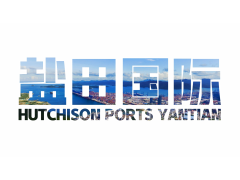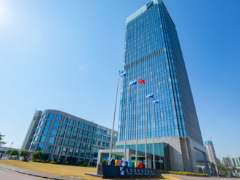Yantian, through its eco-friendly technologies, is able to reduce the carbon footprint of its terminal operations and thus cut costs substantially. For Yantian, it is a win-win deal, realising enterprise profits while practising corporate social responsibility.

Yantian's six 4 MVA mobile shore power systems covering 17 mega berths, thus leading the industry in providing shore power for the world’s largest container vessels. When vessels use shore power, they tap landside electricity for their power needs at berth instead of running diesel-fuelled auxiliary on-board engines. Using shore power reduces noise and emissions, including CO2, SO2 and particulate matter.
Yantian is the first Chinese container terminal operator having successfully used liquefied natural gas (LNG) powered container tractors for production. Currently, there are 131 LNG-powered tractors operational around the clock at Yantian. Compared to diesel-powered container tractors with the same horsepower, LNG-powered tractors emit 82% less particulate matters.
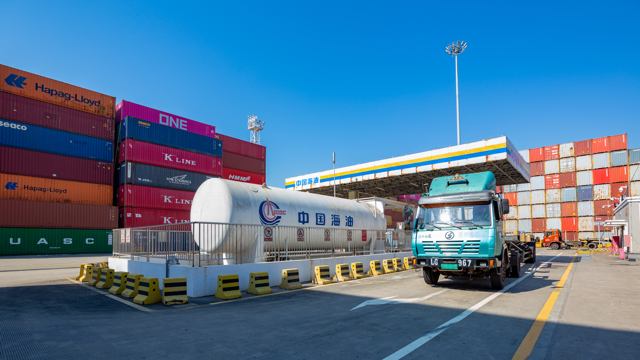
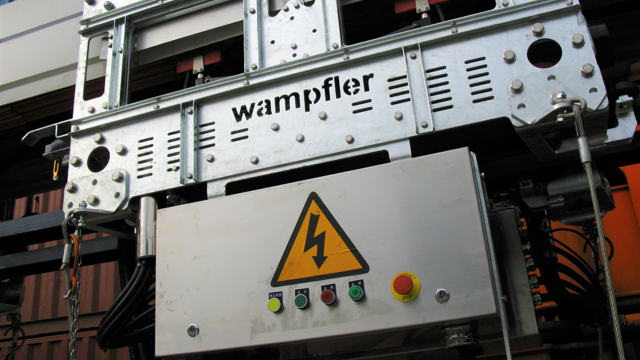
To reduce port emissions and save fuel, Yantian began a project in 2007 to reconfigure its diesel cranes to run on electric power. Yantian now has 227 electric gantry cranes in operation.
Yantian also converted 52 diesel-driven RTGCS into hybrid RTGCs. Hybrid RTGCs consume 30-50 % less fuel than diesel-driven RTGCs, produce 50% less carbon emissions.
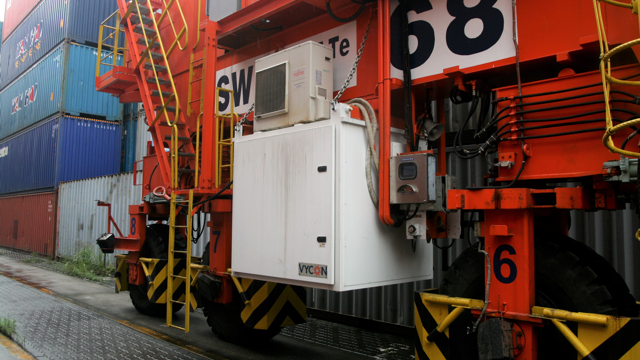
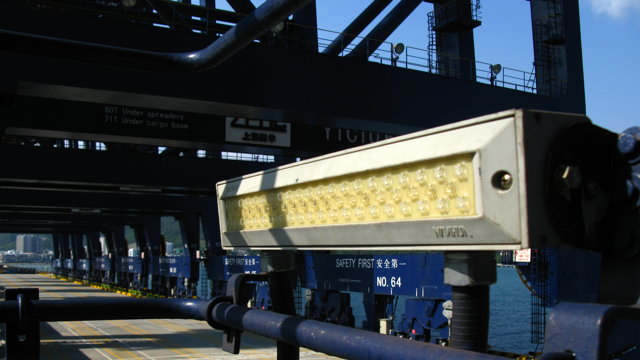
Newly delivered quay cranes and some of the RTGCs are now equipped with the latest LED technology. The 10W lamps consume less than one-fourth of the electricity of fluorescent lamps and can last for up to 50,000 hours – about 17 times longer than conventional fluorescent lamps.Currently, there are appropriately 100% RTGCs using LED for lighting.
Yantian adjusted its container yard lighting after noting the comparatively low truck traffic at night. Half of the yard lights now turn off automatically after midnight. This has helped to save electricity by 20%, which amounts to 840,000 kWh per year.
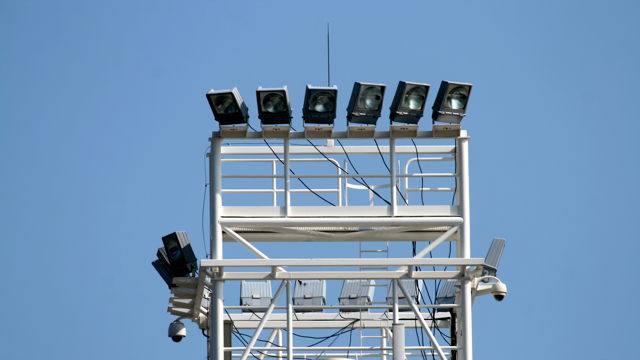
Yantian is constantly researching ways to protect the marine environment to realise sustainable development and reduce its carbon footprint.

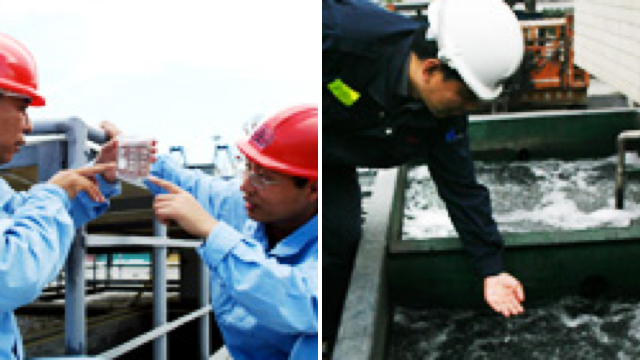
The comprehensive wastewater treatment facilities at the terminal extract all the wastewater generated from port operations and office areas for treatment before they are discharged through the municipal sewage pipelines.
YICT is always identifying new ways to build a greener, healthier work environment and reduce its carbon footprint.
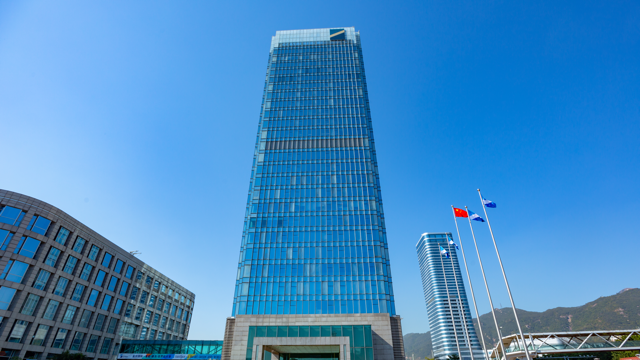
The exterior of new office towers are outfitted with eco-friendly low-emission (Low-E) glass, which can reduce solar gain and cooling costs during the warm months.
Environmental Performance

HPH Trust’s 2024 Sustainability Performance Highlights
Policy
En-route to becoming a world-class port, we recognise our social responsibility and the importance of safeguarding the environment. We are therefore committed to implementing a long-term, sustainable strategy to ensure environmental protection in all our commercial activities.
Comply with or, where possible, exceed the environmental requirements of all relevant local, provincial and state legislation and regulations; Manage our operations in an environmentally sustainable manner, by minimising pollution and waste through the principles of Reduce, Reuse and Recycle; Integrate environmental considerations including costs, risks, impact and community concerns into our business planning, facility design and infrastructure development processes; Conserve our resources through efficient use, careful planning and energy-saving products. We will use environmentally safe and sustainable materials and energy sources to meet our needs; Address and continuously assess the impact on the environment via the adoption of a sustainable procurement policy to influence our suppliers and contractors in making a positive contribution towards protecting the environment; Communicate, promote and encourage employees' participation in conservation and environmental awareness through continuous education and training; Work with our stakeholders, associates, government bureaus and other parties to develop and set environmental priorities for development, traffic and other issues affecting the Yantian region;
Actively manage, report and publish environmental indicators to ensure compliance with environmental regulations; The Policy will be reviewed annually to ensure its consistency with any changes in environmental legislation and regulations.

